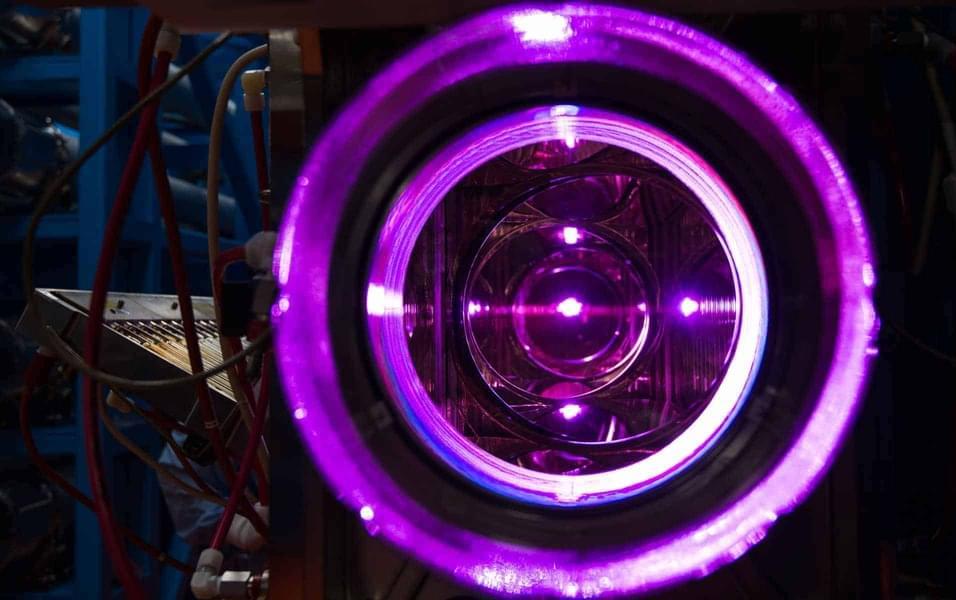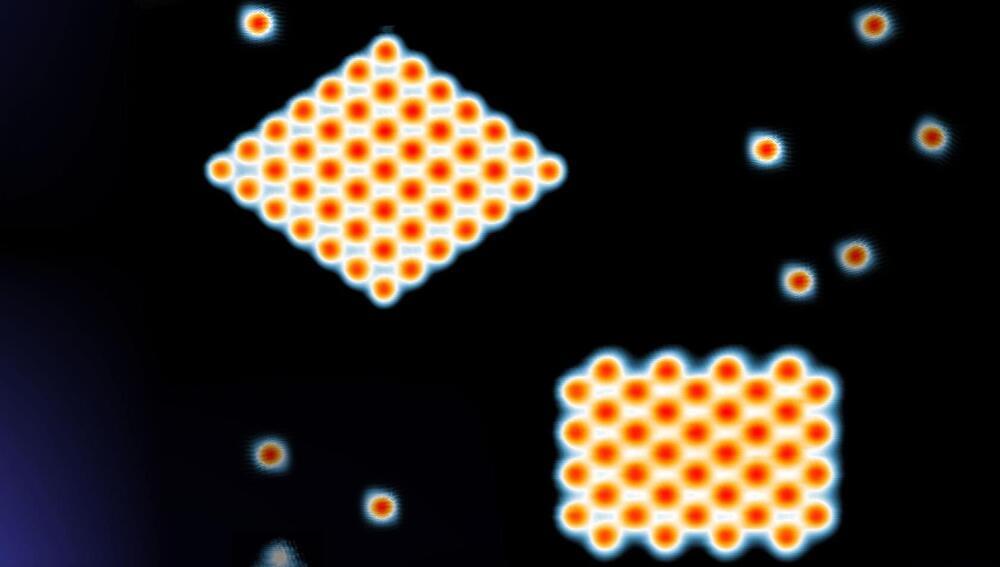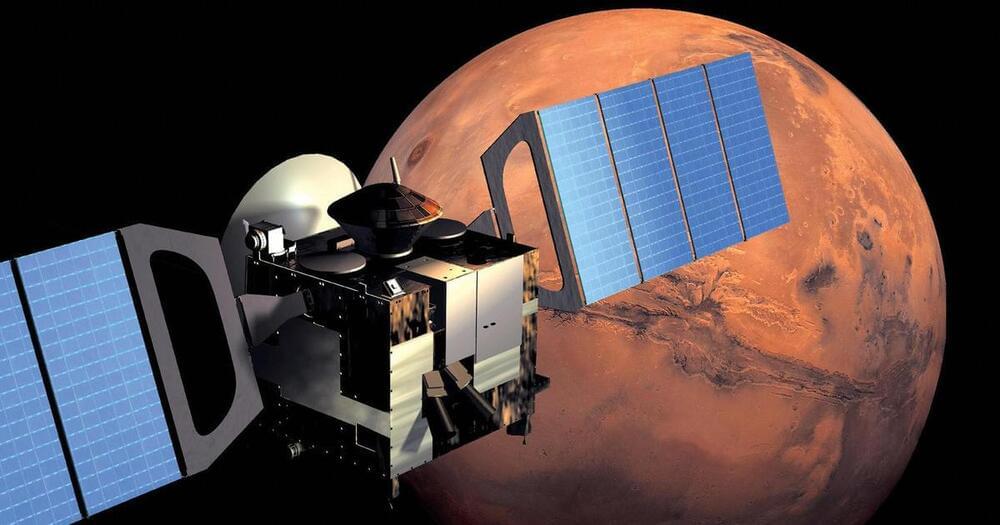Now that Virgin Galactic has flown its first commercial spaceflight, it’s ready to take civilians aboard. The company now expects to launch its first private passenger flight, Galactic 2, as soon as August 10th. Virgin isn’t yet revealing the names of everyone involved, but there will be three passengers alongside the usual crew. You can watch a live stream on the company website.
The inaugural commercial flight, Galactic 1, flew in late June. However, all three passengers were Italian government workers (two from the Air Force and one research council member) conducting microgravity studies. While it’s not clear what 02’s civilian crew will do, they can be tourists this time around.
The firm has been ramping up its operations in recent months after numerous delays from previous years. While Galactic 2 is just Virgin’s seventh spaceflight of any kind, it’s the third in 2023. The company says it’s establishing a “regular cadence” of flights, and you can expect them to become relatively routine if this voyage goes as planned.







